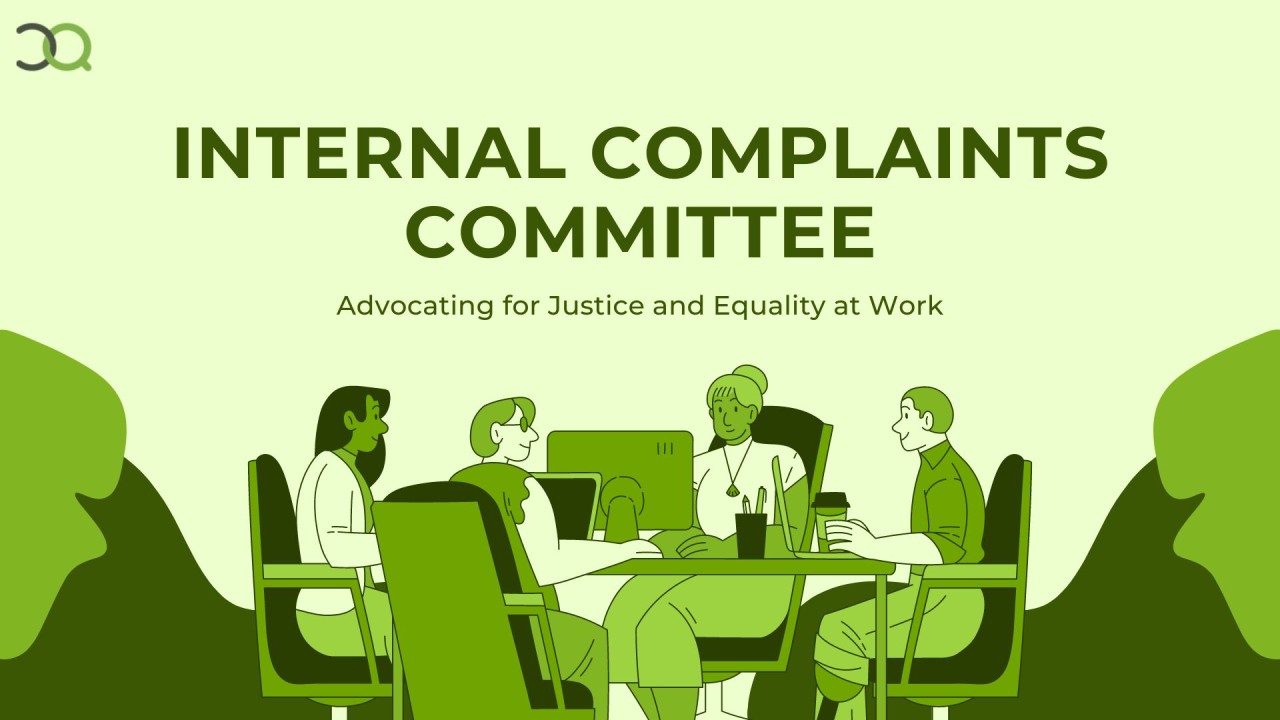The Supreme Court’s ruling in K.S. Mehta v. M/S Morgan Securities and Credits Pvt. Ltd. made it clear that non-executive directors (who don’t take part in daily company work) cannot be held responsible just because they are directors when a cheque bounces under the Negotiable Instruments Act. This decision helps protect such directors from being unfairly dragged into legal cases unless there is proof they were actually involved in the company’s financial decisions.
K.S. Mehta v. M/S Morgan Securities and Credits Pvt. Ltd.
K.S. Mehta – Appellant(S)
M/S Morgan Securities And Credits PVT. LTD. – Respondent(S)
Facts
K.S. Mehta and Basant Kumar Goswami joined M/S Blue Coast Hotels & Resorts Ltd. K.S. Mehta took on the role of additional director, while Basant Kumar Goswami became a director. Their responsibilities focused on overseeing the company’s governance. They did not have any executive authority or power to make financial decisions in the company.
The dispute arose from an Inter-Corporate Deposit agreement between the accused and the respondent for a financial facility of Rs. 5,00,00,000 (Rupees Five Crore) secured against certain securities for 180 days. The Appellants did not attend the board meeting where the transaction was approved. They neither signed the agreement nor any financial documents related to it.
The company issued two cheques to repay the Inter-Corporate Deposit (ICD), but both bounced due to insufficient funds. Consequently, the Respondent sent legal notices demanding payment, yet the company failed to respond. As a result, criminal proceedings were initiated against all the directors.
The appellants did not know the agreement’s clauses or terms when it was made. The respondent signed a memorandum of settlement with the accused company. Appellant K.S. Mehta resigned on 10/11/2012. Meanwhile, appellant Basant Kumar Goswami remained a non-executive director until 2014. Complaints under Section 138 of the NI Act (which penalizes the dishonor of any cheques issued for repayment of debt or other liability) were filed against the appellants in the Court of the Additional Chief Metropolitan Magistrate, New Delhi.
The High Court rejected the appellants petition under Section 482 CrPC (which gives the High Court power to cancel FIRs and criminal cases)
Arguments Between The Parties
Appellant(s) [K.S. Mehta]
The learned counsel for the appellants argued that they had no role in the company’s financial transactions and held no responsibility.
He argued that he did not sign any dishonored cheques. He also stated that he did not authorize their issuance. Furthermore, he emphasized that his role as a director was non-executive. His responsibilities were limited to overseeing corporate governance, as per SEBI regulations.
He also submitted that their non-executive status removes any basis for vicarious liability under Section 141 of the NI Act.
Respondent [M/S Morgan Securities And Credits Pvt. Ltd.]
The respondent’s counsel asserted that the appellants served as directors of the company during the relevant period and actively participated in its affairs.
He further argued that the appellants’ resignation did not exempt them from liability under Section 141 of the NI Act. Instead, they must prove their non-involvement in the company’s financial transactions.
He also argued that the appellants attended board meetings, demonstrating their awareness of the financial dealings, including the issuance of cheques for repaying the ICD (Inter-Corporate Deposit).
JUDGMENT
In this case, the court held that non-executive and independent directors could not be held liable under Section 138 read with Section 141 of the NI Act unless there were specific allegations showing their direct involvement in the company’s affairs at the relevant time. The appellants neither issued nor signed the dishonored cheques and had no role in their execution. Their involvement in the company’s affairs was purely non-executive and did not include financial decisions or operational management.
The mere fact that the appellants attended board meetings did not make them financial liable, as attending meetings did not automatically mean they had control over financial operations.
The High Court’s decision was overturned, and the criminal proceedings against the appellants pending before the Additional Chief Metropolitan Magistrate in New Delhi were quashed. The appeals were allowed. No order as to costs was made.
If incase you need any legal assistance you can now try our AI Legal Advisor.



